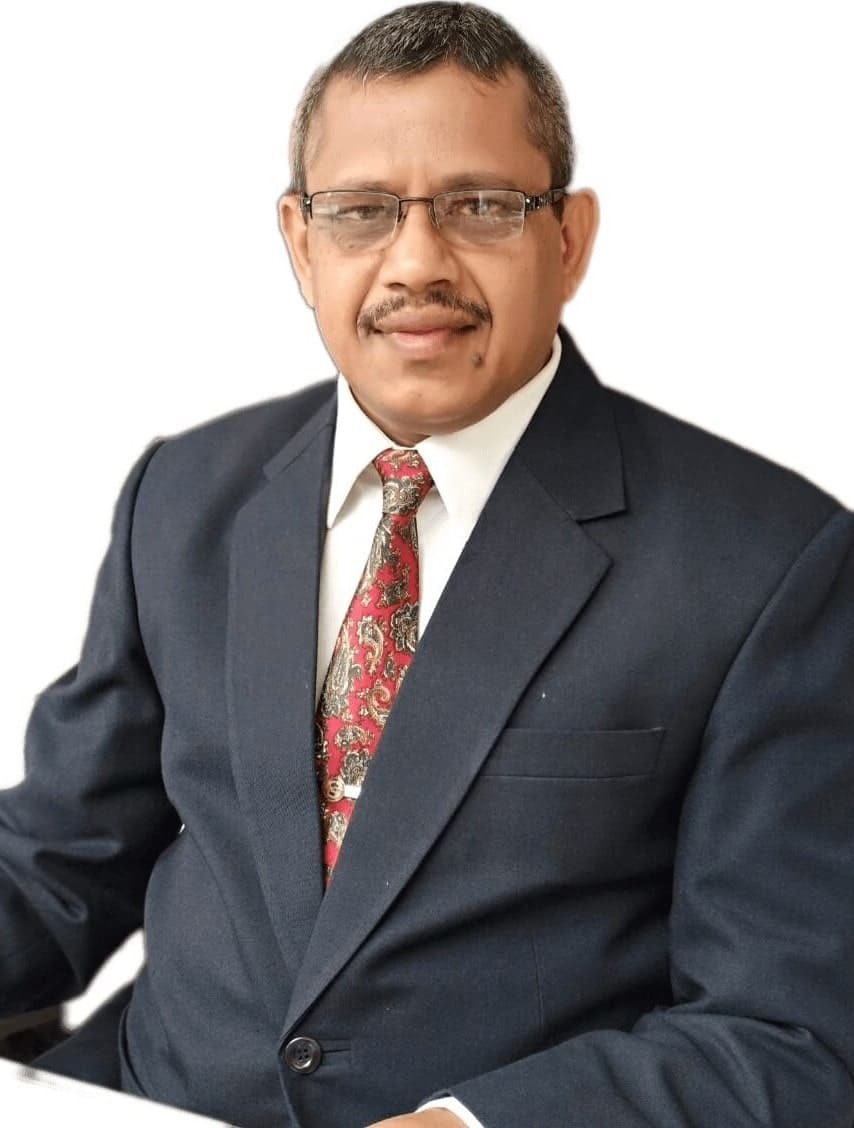Prof. Sunil Goyal
The author is a renowned social scientist, columnist, professor in the Higher Education Department of the Government of Madhya Pradesh, and honorary president of the Swadeshi Research Institute, Indore Chapter.
Public Prosecutors: Impartial Advocates of Justice
A public prosecutor holds a public office and must carry out their duties impartially and independently. They should not suppress material facts, evidence, or witnesses, even if unfavorable to their case. In other words, they must not aim to secure convictions by any means. Their primary duty is to assist the court in discovering the truth.
Role of Public Prosecutors
The public prosecutor represents the interests of the state. Their role begins after the police investigation is complete and a charge sheet is filed in the court. They do not play any role in the investigation. The prosecutor must conduct the prosecution on behalf of the state.
Section 24 of the Code of Criminal Procedure, 1973: Public Prosecutor
The Central or State Government shall appoint a public prosecutor for each High Court in consultation with the High Court. Additional public prosecutors may also be appointed.
The Central Government may appoint one or more public prosecutors for specific cases or classes of cases within a district or local area.
The State Government shall appoint a public prosecutor for each district and may also appoint one or more additional public prosecutors.
The District Magistrate, in consultation with the Sessions Judge, will prepare a panel of names of persons eligible for appointment as public prosecutors or additional public prosecutors for the district.
The State Government shall not appoint any person as a public prosecutor or additional public prosecutor unless their name is included in the panel prepared by the District Magistrate.
Eligibility:
To be appointed as a public prosecutor or additional public prosecutor, a person must have at least seven years of experience as an advocate.
For Special Public Prosecutors, ten years of advocacy experience is required.
Powers of Public Prosecutors:
A public prosecutor exercises several powers, including:
Filing warrants for search, seizure, or inspection in cases requiring further investigation.
Requisitioning records or documents from any law enforcement agency.
Withdrawing prosecutions under court approval.
Responsibilities of Public Prosecutors:
Examining the case file after the investigation is complete.
Highlighting and rectifying errors in the investigation.
Assisting the court impartially and providing guidance to police officers.
Conclusion
A public prosecutor plays a pivotal role in the administration of criminal justice. They represent the state in criminal trials but are not merely state advocates. They hold public office and must perform their duties impartially and independently. Public prosecutors should not suppress material facts, evidence, or witnesses to favor their case. Instead, their duty is to assist the court in uncovering the truth. Political interference in appointments and decisions related to prosecutions presents challenges to their independent functioning, a concern taken seriously by the judiciary.
#PublicProsecutors #LegalProcess #JusticeSystem







